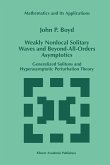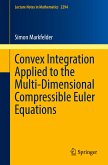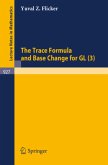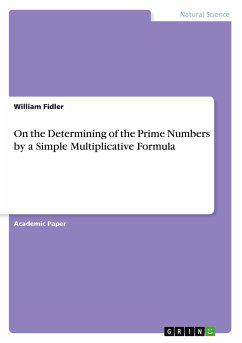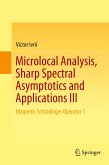This work presents exciting new developments in understanding the subdominant exponential terms of asymptotic expansions which have previously been neglected. By considering special exponential series arising in number theory, the authors derive the generalised Euler-Jacobi series, expressed in terms of hypergeometric series. Dingle's theory of terminants is then employed to show how the divergences in both dominant and subdominant series of a complete asymptotic expansion can be tamed. Numerical results are used to illustrate that a complete asymptotic expansion can be made to agree with exact results for the generalised Euler-Jacobi series to any desired degree of accuracy. All researchers interested in the fascinating area of exponential asymptotics will find this a most valuable book.
Table of contents:
1. Introduction; 2. Exact evaluation of Srp/q(a); 3. Properties of Sp/q(a); 4. Steepest descent; 5. Special cases of Sp/q(a) for p/q<2; 6. Integer cases for Sp/q(a) where 2
This work presents exciting new developments in understanding the subdominant exponential terms of asymptotic expansions which have previously been neglected. All researchers interested in the fascinating area of exponential asymptotics will find this a most valuable book.
This work presents exciting new developments in understanding the subdominant exponential terms of asymptotic expansions which have previously been neglected.
Table of contents:
1. Introduction; 2. Exact evaluation of Srp/q(a); 3. Properties of Sp/q(a); 4. Steepest descent; 5. Special cases of Sp/q(a) for p/q<2; 6. Integer cases for Sp/q(a) where 2
This work presents exciting new developments in understanding the subdominant exponential terms of asymptotic expansions which have previously been neglected. All researchers interested in the fascinating area of exponential asymptotics will find this a most valuable book.
This work presents exciting new developments in understanding the subdominant exponential terms of asymptotic expansions which have previously been neglected.


